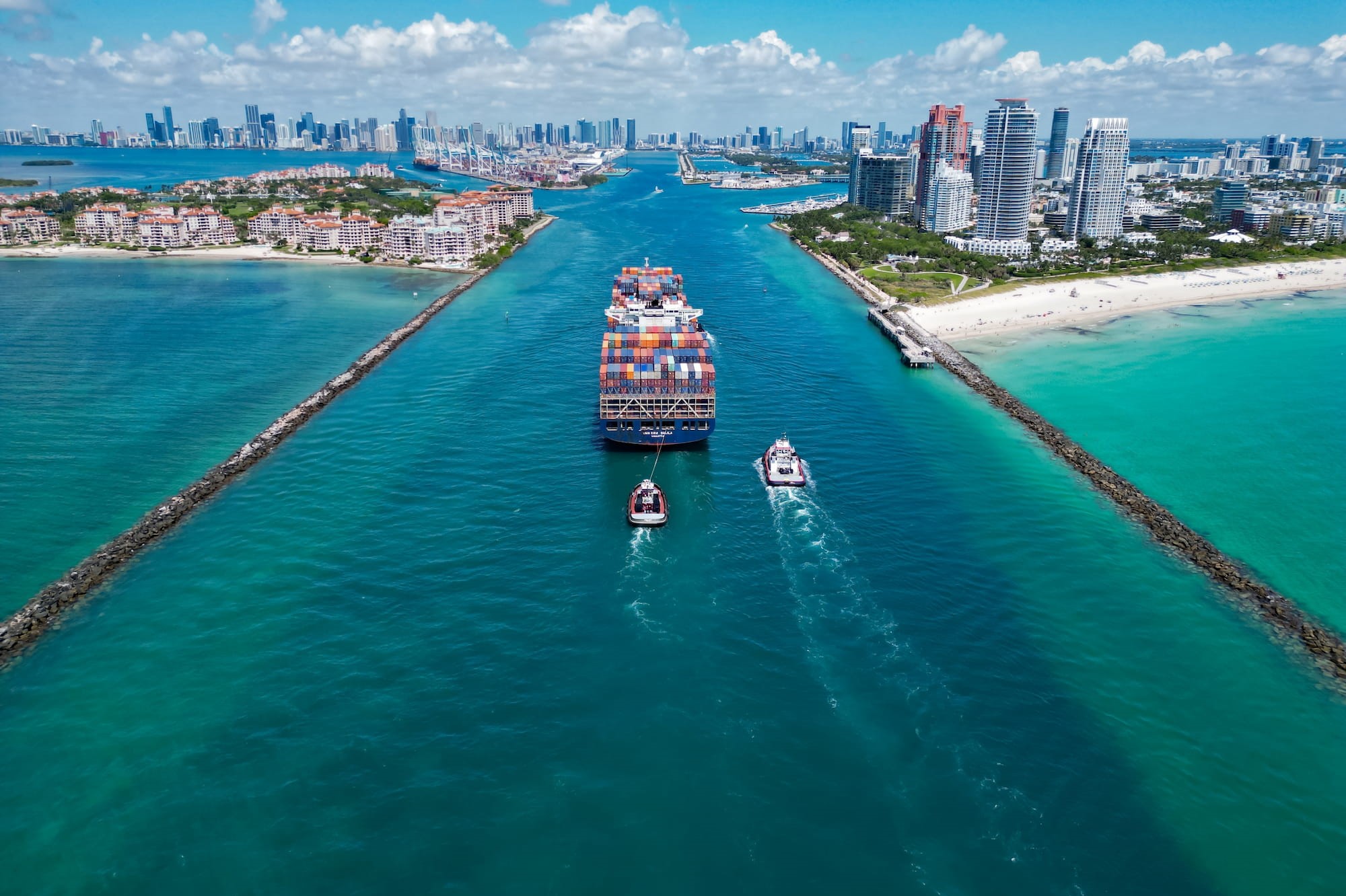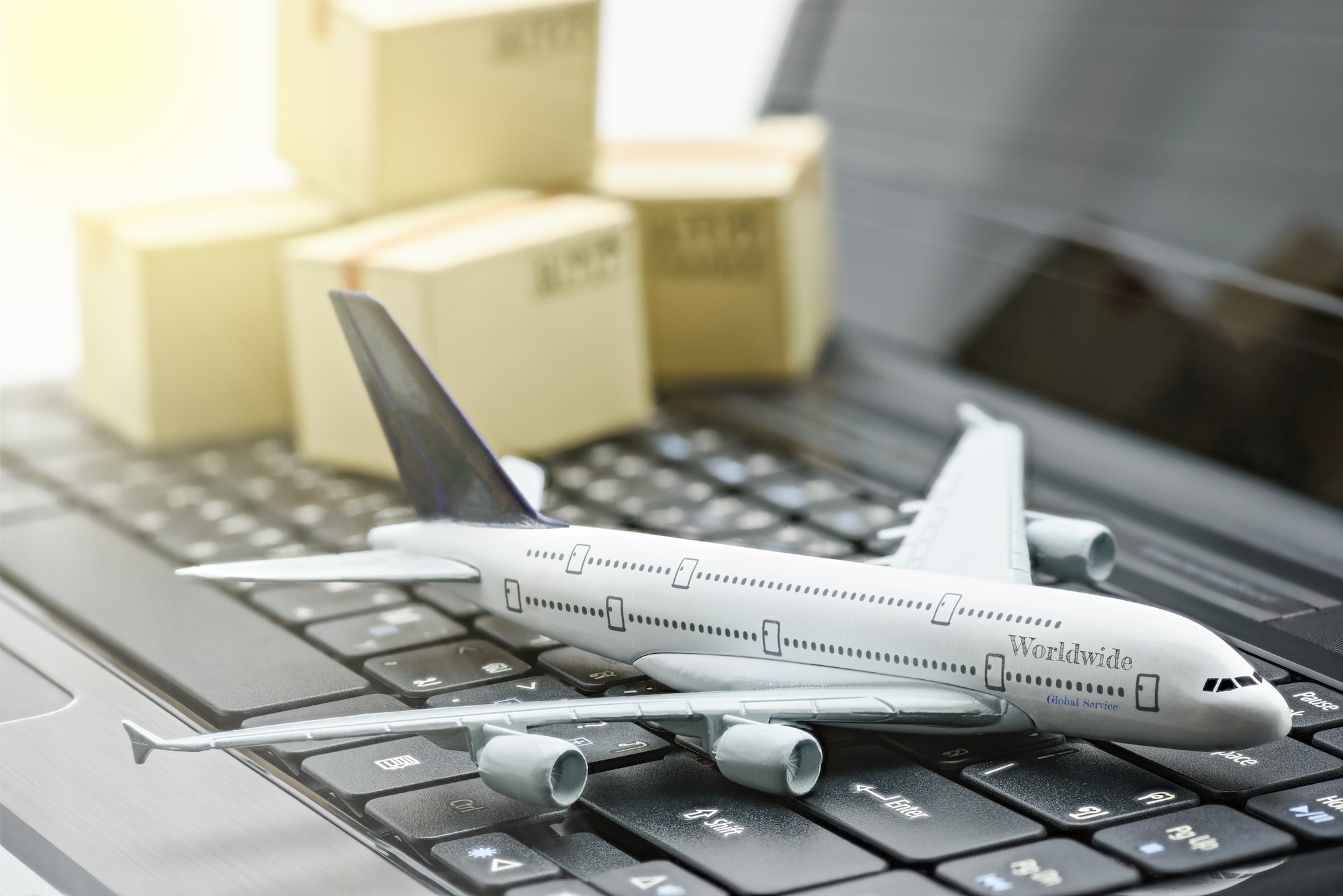The Chinese New Year isn’t just a celebration — it’s a major moment for global supply chains 🌏🚢 With factories and families celebrate, international shipping can slow dramatically.


The Chinese New Year isn’t just a celebration — it’s a major moment for global supply chains 🌏🚢 With factories and families celebrate, international shipping can slow dramatically.

Debido a la complejidad del proceso de importación a Estados Unidos, contar con un customs broker en Miami ofrece múltiples beneficios. Un agente de aduanas es un profesional con licencia que coordina la liberación de mercancías ante CBP, gestionando documentación, aranceles y declaraciones en nombre del importador.

The Boeing aerospace company has released an outlook showing e-commerce growing express cargo in the future. By 2043, express cargo could outpace general cargo by approximately 33% based on an annual rate of 4%. The airfreight industry has nearly doubled over the last few decades and will continue to grow, with air traffic potentially doubling again in the next 20 years. Currently, express carriers account for nearly 45% of global air cargo revenues, while airlines focusing on general cargo generate 10%. Passenger airlines with carriers that can store freight and luggage generate another 10%. A primary reason behind the growth is the surge in demand for e-commerce over the last few decades.
Air cargo shipping is the transportation of goods internationally using an air carrier. Two of the most common types of airfreight are general cargo and express shipments. The airfreight industry defines general cargo as more significant, bulkier shipments, while express cargo is smaller and focused on speed. Transportation by express has become popular due to its benefits on supply chains. While it can be costly compared to general cargo, many consider it a preferred choice due to its benefits. For example, it is the fastest transportation mode, allowing for global reach and reliable delivery times. Freight forwarders typically assist with both these transportation methods.
As the e-commerce industry rose in popularity, so did the amount of businesses that sold goods internationally. Customers who purchased goods online began expecting quicker shipments, which resulted in a demand for express cargo. While e-commerce has grown the air cargo industry since its beginnings, the coronavirus pandemic helped expedite its growth. During that time, brick-and-mortar stores began declining, and there was a surge of goods brought online. Along with the surge was a demand for express cargo services, which has continued to grow since. Globalization and supply chains shifting to other countries besides China have expedited the demand. Today, e-commerce platforms normalize next-day and same-day deliveries.
Coinciding with the rise of express cargo, there has been an interest in factory-built cargo jets. There are currently many carriers that are under production to meet the shipping demand. Compared to regular passenger airlines that transport freight, these carriers allow for flexibility and more reliability. A significant portion of them will be solely for express services. Boeing predicts the global air cargo fleet to ride from 2,340 in 2023 to 3,900 units in 2043. The reason for the number of new carriers also depends on the region. For example, the majority of aircraft deliveries in North America will be to replace current aircraft.
Deciding on shipping by air can be complicated for inexperienced shippers due to the process, which includes various parts. For example, importing into the U.S. requires customs clearance and regulatory compliance. Speaking to a freight forwarder when starting is ideal to avoid disruptions. Forwarders handle various aspects of a supply chain, including coordinating cargo movement. They also provide other solutions like handling documentation, warehousing, consolidation, customs compliance, etc. Contact A1 Worldwide Logistics at 305-440-5156 or info@a1wwl.com to talk to a freight forwarder about shipping your cargo internationally. Whether you are transporting goods by air, sea, or domestically, we ensure that you meet your goals.